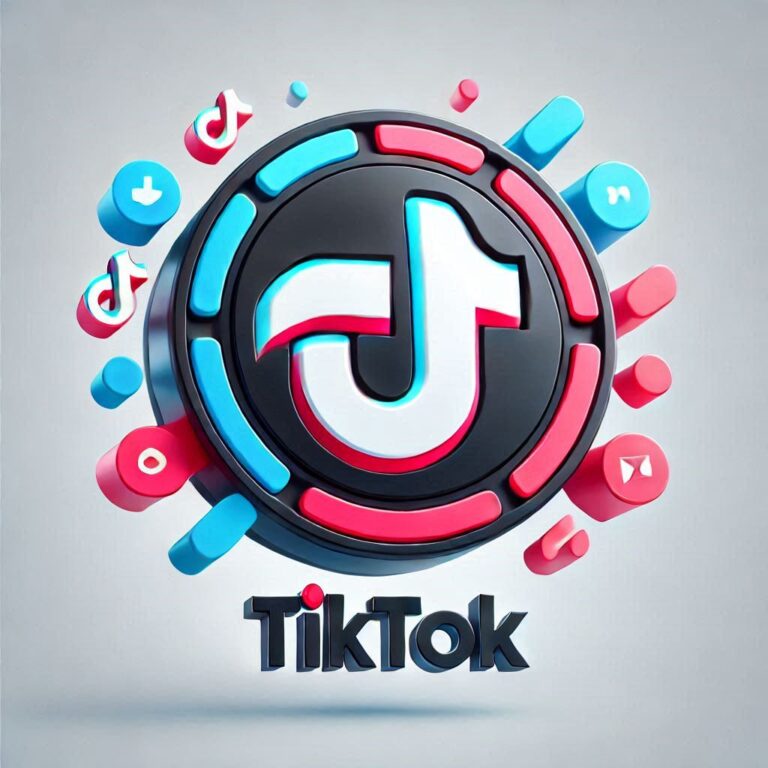TikTok Ban Deadline in the US: What It Means for Users and Creators
As the January 19 deadline set by the US government approaches, TikTok’s future hangs in the balance. With national security concerns at the forefront, millions of users and creators are preparing for the potential impacts of a decision that could be a game-changer for the social media landscape.
Why Is TikTok Being Banned?
TikTok’s parent company, ByteDance, is under scrutiny from US officials over fears that user data could be accessed by the Chinese government. Despite TikTok’s repeated assurances that US user data is stored securely and kept separate from China operations, Biden administration has pressured ByteDance to sell its US operations to an American company or face a nationwide ban.
This move follows years of political debate about TikTok’s role in data privacy and national security. The app has already been banned on government devices in the US and other countries, but a full ban for general users would be unprecedented.
Impact on Users and Creators
If the ban goes into effect, 150 million TikTok users in the US will lose access to the app, disrupting their online routines and connections. Content creators who earn income through brand deals, merchandise sales, or fan support on TikTok will face significant financial losses.
Small businesses and entrepreneuurs who use TikTok’s algorithm to reach specific audiences will need to pivot to other platforms like Instagram Reels, YouTube Shorts, or Snapchat Spotlight.
Potential Outcomes
Several possibilities could unfold in the coming days:
- ByteDance Sale: TikTok could sell its US operations to an American company, as previously proposed. This could address national security concerns and allow the app to continue operating in the US.
- Temporary Extension: Reports suggest the administration may grant a 90-day extension to ByteDance to negotiate a sale or address concerns.
- Legal Challenges: ByteDance could challenge the ban in court, arguing it violates users’ First Amendment rights. Legal proceedings could delay the enforcement of the ban, providing temporary relief for TikTok.
- Mass Migration to Alternatives: Creators and users may shift their focus to competing platforms, though replicating TikTok’s unique engagement, algorithm, and community would be challenging.
Global Precedent
This decision has broader implications beyond TikTok. It could set a precedent for how governments regulate foreign-owned apps, especially those from countries with strained diplomatic relations. Countries like India, which already banned TikTok in 2020, might view the US decision as a validation of their stance.
What’s Next?
As the deadline approaches, TikTok users and creators remain in limbo. Whether through an extension, sale, or ban, the coming days will likely define the app’s future in the US.
For now, TikTok’s loyal users can only wait and hope for a resolution that safeguards both their data and their digital communities.


